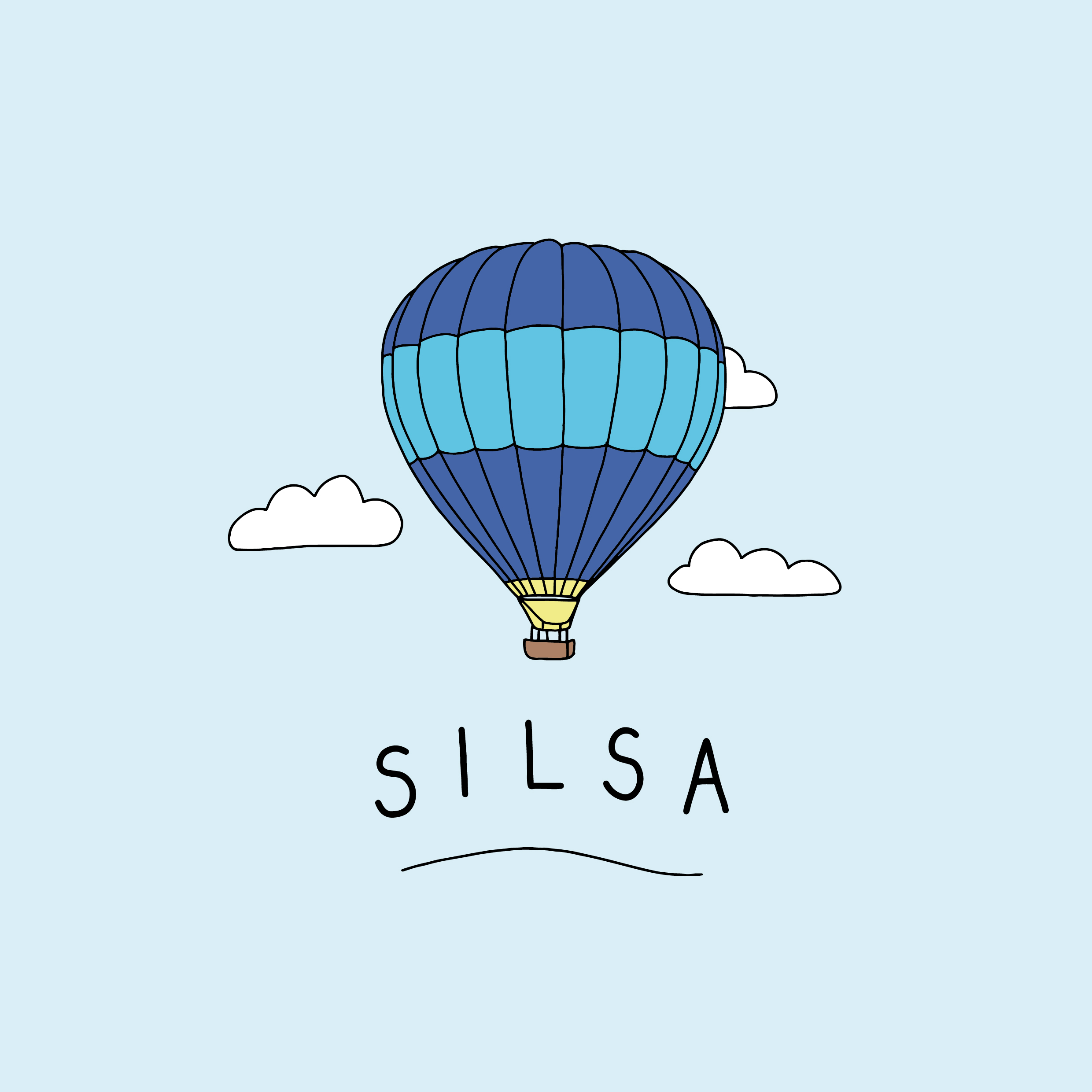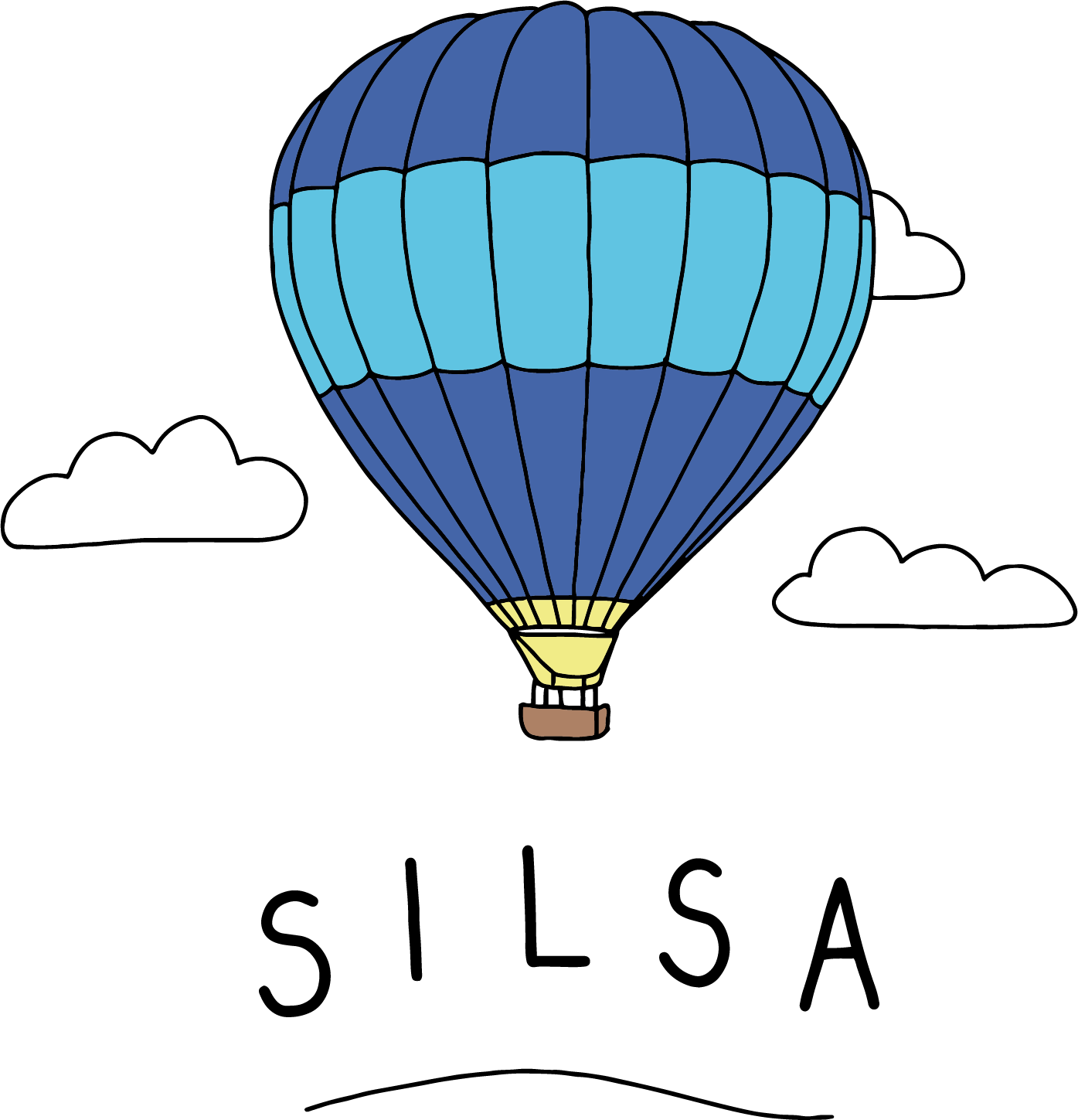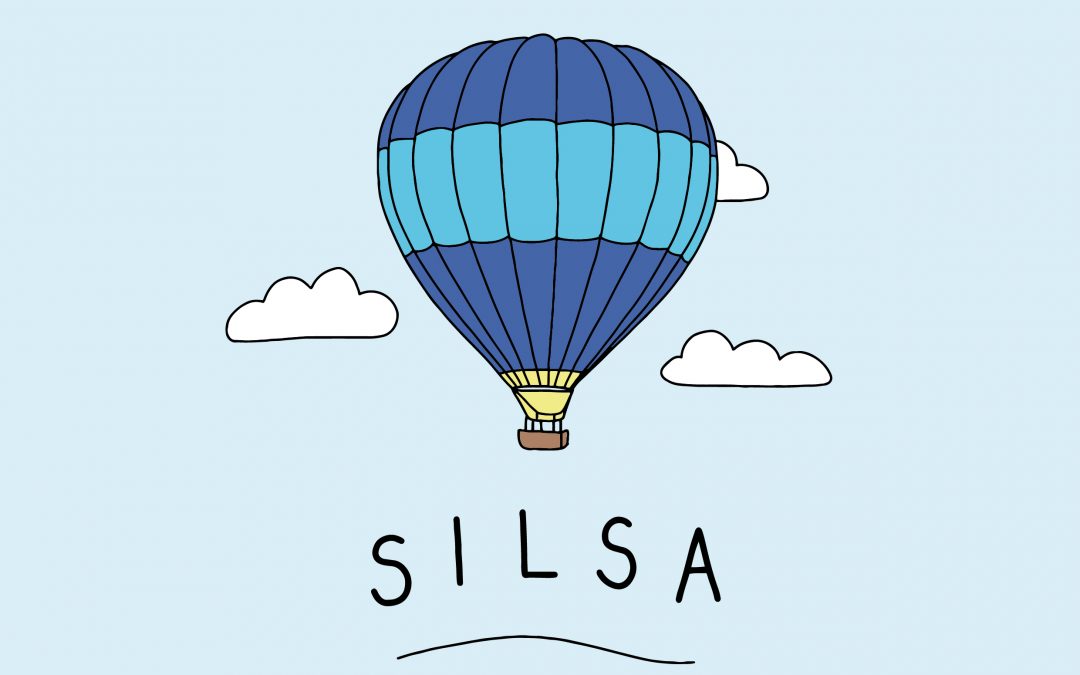
A brief overview of the SILSA Programme (3 minute read)
As an organisation SILSA provides a range of speech and language training options for schools / education staff. At the heart of that is our SILSA Programme…..
What?
The SILSA Programme trains teaching assistants (or SENCos) to become SILSAs – Speech, Interaction and Language Support Assistants. This is someone who has had extensive training in Communication and Interaction / Speech, Language and Communication Needs (SLCN). They are then able to be a key professional within their setting for identifying and supporting children with SLCN, and for supporting other staff within that setting.
The programme was developed during 2020 and 2021 partly as a response to the increased demand for speech and language support following the lifting of the pandemic restrictions. Extensive discussions were held with schools and SENCos during the development of SILSA and sixteen SILSAs (from thirteen different infant / junior / primary schools) were enrolled on the initial course which ran from September 2022 to July 2023.
Who?
SILSAs are typically teaching assistants, although it is a role that a SENCo / Inclusion Lead could also hold. Our FAQs provide further information including the skills needed to complete SILSA training / be a SILSA.
Why?
The impact of SLCN on children at school is well understood. We know that children with SLCN are much more likely to struggle academically e.g. with reading, spelling and maths. Research indicates that children with delayed language skills as they enter Key Stage 1 are six times less likely to meet age related expectations in English at age 11, and eleven times less likely to meet expectations in Maths. The importance of spoken language skills academically, and also socially, behaviourally and emotionally, is increasingly being recognised by schools and improving communication skills is a common target in school improvement plans. As Professor Maggie Snowling wrote in the Times Educational Supplement (May 2023):
…in the last five years the tide has changed, and people are much more tuned in to the importance of early language as a foundation not just for literacy but for everything in education. Our curriculum is delivered through language.
How?
This is the process involved in having a SILSA in your setting:
→ Identify relevant staff (one or more) for the role of SILSA. They will need some allocated time in order to complete training, attend support meetings, and to carry out the role of SILSA.
→ Complete Accredited ELKLAN training * over 10 half-day sessions (or attend a refresher day if they have completed this training previously).
→ Attend additional SILSA training * over three full days. This covers specific aspects of SLCN in greater detail such as working with speech sound difficulties and supporting children with selective mutism. These days also provide an overview of bilingual / multilingual language development. Additionally, training is provided on carrying out, scoring and analysing a range of different screening assessments.
* all training is provided by an experienced, qualified and registered Speech and Language Therapist.
Once this training is completed, ongoing support and professional development is provided via:
→ Half-termly 2 hour support meetings with other SILSAs and their Speech and Language Therapist.
→ An annual study day to cover specific topics in-depth such as running invention groups and measuring outcomes.
→ Annual whole-staff training for the school – to be chosen from a menu of options.
Examples:
The three examples below are based on schools in Portsmouth / Hampshire:
1. An inner city infant school with a high level of SEN / SLCN. This school has one SILSA who is in class every morning, and working across school as a SILSA every afternoon. The school also commission whole staff training from us.
2. A primary school of approximately 350 pupils. This school have two SILSAs, one for Early Years and Key Stage 1, and the other for Key Stage 2. Both SILSAs have a few hours a week allocated to the SILSA role.
3. A large junior school in a small town north of Portsmouth. This school has two SILSAs to help meet the needs of children in their setting. This school also commissions Speech and Language Therapy input from us on a pay-as-you-go basis. Following the success of SILSA in their setting, the adjacent infant school have put forward a teaching assistant for SILSA training this year.
Finally…..
How effective is SILSA in terms of staff training and meeting the needs of children with SLCN? We have just completed an evaluation of the 2022-2023 course. The results from this have been extremely encouraging and 100% of schools who took part in the 2022-2023 course have renewed for 2023-2024. Results from the evaluation can be seen here in our SILSA one year on post.
Find out more
Have a look through our website to find out more about our training options and the SILSA Programme. We are always happy to arrange a free phone call or online meeting to talk through options with schools.

